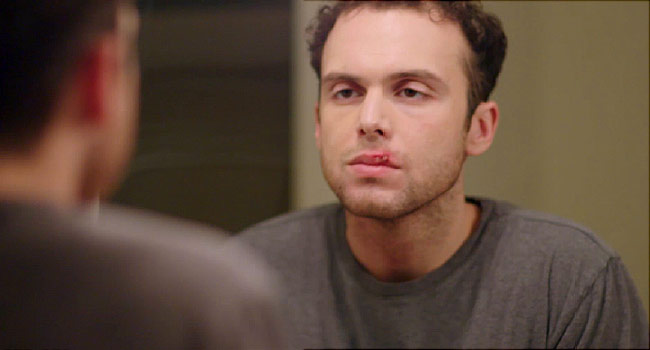Its activation is required for HSV to reactivate in response to interleukin 1, along with other triggers like damage to nerve cells, she said. That makes DLK a good target to prevent HSV, Cliffe added.
Repeated reactivation of HSV can also affect the eyes. In the eye, the virus leads to herpes keratitis, can result in blindness if left untreated. HSV infection has also been linked to Alzheimer’s disease progression.
It’s not clear if these findings have implications for treating HSV or preventing it, Cliffe said. But this and future research might identify targets that can alter the way the virus responds to stress.
In the future, these findings may lead to ways to prevent outbreaks, Cliffe said.
Brittany LeMonda, a senior neuropsychologist at Lenox Hill Hospital in New York City, reviewed the findings.
“The virus actually preys upon our body’s natural immune response to stress,” she said.
The cytokine that the body releases in response to stress is the same one that may result in re-expression of HSV, LeMonda noted.
The way to prevent flare-ups is to reduce stress and follow a healthy lifestyle, she said.
“A healthy diet, adequate sleep, reducing anxiety and improving mental health are ways to not only reduce stress but also prevent recurrence of the disease,” LaMonda said.
The findings were recently published online in the journal eLife.
More information
To learn more about herpes simplex, visit the American Academy of Dermatology.
SOURCES: Anna Cliffe, PhD, assistant professor, microbiology, immunology and cancer biology, University of Virginia, Charlottesville; Brittany LeMonda, PhD, senior neuropsychologist, Lenox Hill Hospital, New York City; eLife, online, Dec. 22, 2020






